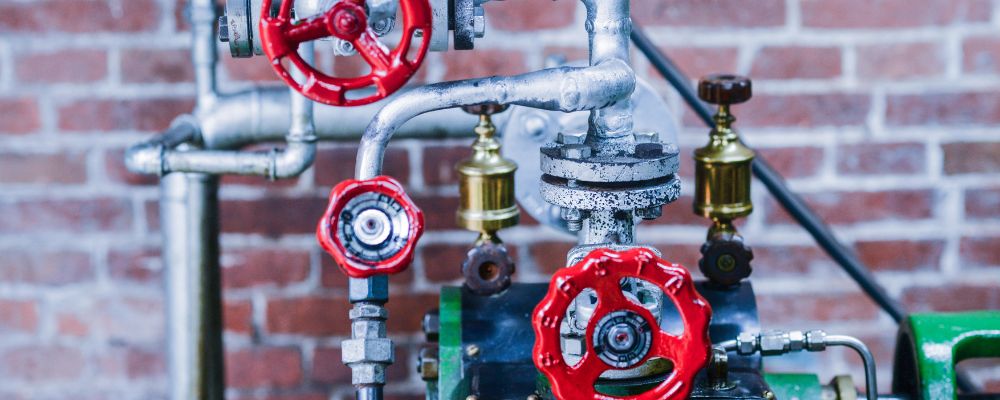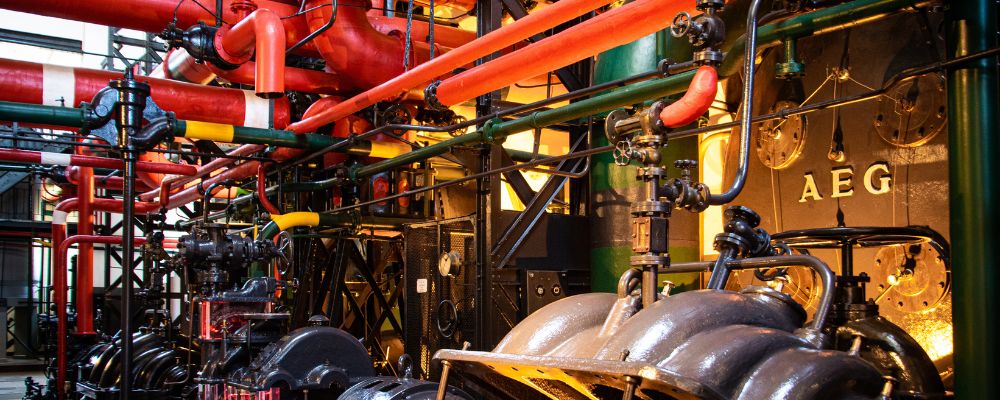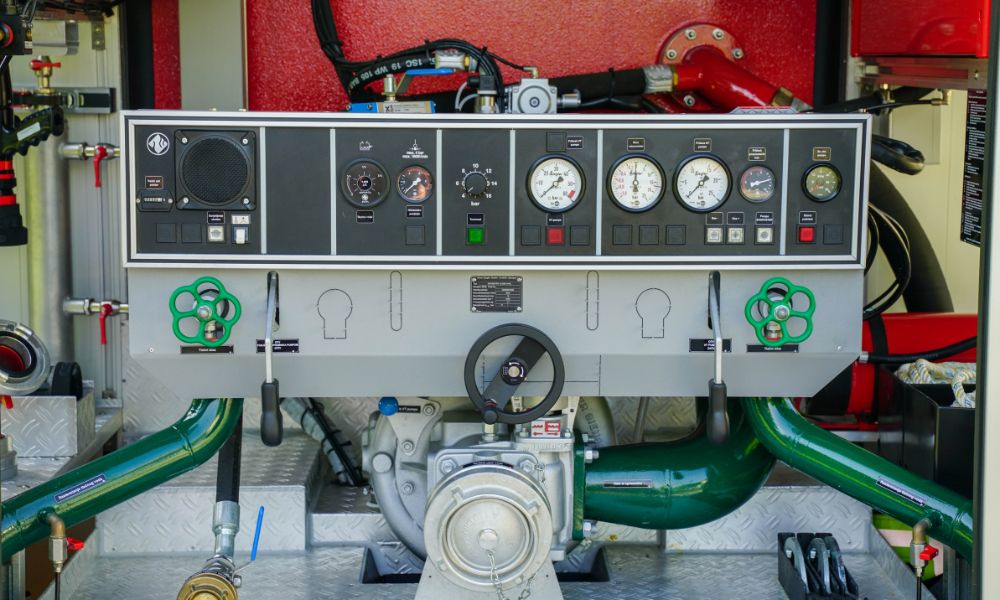In our houses, we have filled the overhead tank with water using pumps. The pumps, however, are not just for that. Centrifugal pumps are utilized for the lifting of many different materials, including water, soluble liquids, oil, chemical solutions, coal, and food processing, in a variety of industries. And do you know there are different centrifugal pump parts and types? Yes, different pumps are responsible for different kinds of work. Let’s discuss them one by one.
What is a Centrifugal Pump?
The most used type of pump for moving fluids are centrifugal pumps. To put it simply, a centrifugal water pump uses the centrifugal force of a fast-revolving impeller to force other fluids to move from one place to another. In a wide range of industrial applications, including municipal (water treatment and sewage treatment facilities), power generation, mining, agriculture and the petroleum and chemical sectors, among many others, the centrifugal pump is most frequently used.
Types of Centrifugal Pumps
The categorization of centrifugal pump research is done based on multiple aspects. The centrifugal pump categorization based on stages, casting, flow rate and positioning are mentioned below.
1. Single Stage vs Multistage Pump
The pumps are divided into the following two parts based on the stages. The Single Stage Pump can raise the pressure head up to 125 meters and has a single impeller. Moreover, the benefits of single-stage pumps are their straightforward design, reliable performance, high speed, lightweight, high efficiency, compact volume, large flow capacity, and ease of maintenance.
For the Multistage pump, the fluid can enter under suction line pressure and depart at high pressure through the first impeller. The fluid moves into the second stage, where the pressure rises even more, after exiting the first. These pumps are more efficient because of their lower impeller diameters and closer impeller clearance.

2. Turbine Pump vs Volute Pump
Essentially, a turbine pump incorporates a diffusion cage for the vane into a centrifugal pump. The turbine pump directs water that comes in radially using a guided impeller. These centrifugal pump types also include a third component called the guide wheel, which has multiple diffusers or vanes that guide it.
In a volute pump, the volute casting fully encloses the impeller. Its design allows fluids to enter the impeller and exit the pump at the same speed. It keeps the diffuser’s flow rate steady while passing the fluid that the impeller is pumping.
3. Radial Flow vs Axial Flow vs Mixed Flow
Radial pumps now use an impeller that rotates 90 degrees in the direction of the suction to move fluid. In fact, the horizontal suction gate sucks the fluid and releases it through the vertical outflow flange.
Unlike Radial pumps, an axial flow pump allows the fluid to flow parallel to the shaft. This technique is the same as that of a propellant. This pump works best when the flow rate is high and the head pressure is negligibly low. They are widely utilized in pumps for water circulation and dewatering.
A mixed-flow centrifugal pump combines the features of radial and axial fluid flow. People often prefer mixed-flow pumps because they find it difficult to choose between axial and radial pumps. As the head rises, mixed pumps operate at a significantly higher flow rate.

4. Horizontal Pump vs Vertical Pump
This pump continuously pumps fluid out of a suction nozzle that the impeller centers. A horizontal fire pump uses a driving motor to move liquid more quickly.
Vertical fire Pumps are also known as Deep Well Turbine Pumps. These centrifugal pumps use stages of fixed bowls and rotating impellers to process the guiding vanes along a vertical axis of flow. Additionally, the impeller length and rotational speed greatly influence the pressure head design.
Contact us today and book a no-cost consultation with our experts.
What are the Main Centrifugal Pump Parts?
The working of a centrifugal pump is highly dependent on its parts and efficiencies. Different centrifugal pump parts work differently to help in the smooth functioning of the device. Therefore, the main parts of a pump include:
- Motor: A rotor called an impeller is employed to boost the flow’s kinetic energy.
- Case (Volute): It guides the liquid’s flow into and out of the centrifugal pump. It serves as a pressure control vessel.
- Rotor Shaft: Shaft mounting is used for the impeller. It is a mechanical part that is used to transfer torque from the motor to the impeller.
- Sealing of the Shaft: Packing rings or mechanical seals are included with centrifugal pumps to assist and stop the pumped liquid from leaking.
- Rolling Elements: The main function of rolling elements is bearings lessen friction between the rotating shaft and the stator and limit the angle of motion of the shafts (rotor).

Uses of Centrifugal Pump
Now that you are aware of its fundamental operation, let’s explore some of its applications. Centrifugal pumps are used in various applications such as:
- Wastewater treatment
- Irrigation & farming
- Local municipal amenities
- Filtration of oil, mud, slurry, and other debris in power plants and the gas and oil industries
- Manufacturing sectors
- Aerospace coolants and cryogenics
- Food, beverage, cellulose, sugar distillation, and hydrocarbon manufacturing
- Production of fire safety equipment, including air conditioners, pressure boosters, steam boiler water, sprinkler systems, ventilation and also heating systems.
Conclusion
In today’s highly competitive era, centrifugal pump parts and types are highly used. This is because of its benefits in terms of cost, setup and maintenance ease, dependability, and smooth discharge.
Moreover, if you want to know more about pumps and their types, Mentor Water is there to help. You can also consult with our specialists to know which kind of centrifugal pump is suitable for your industry. Give us a call on 7351002123 and let us guide you at every step. We will also help you with the damaged parts of any type of centrifugal pump.



